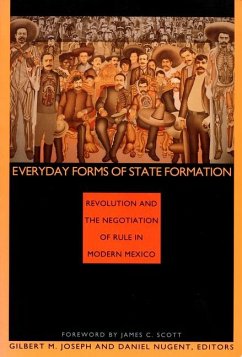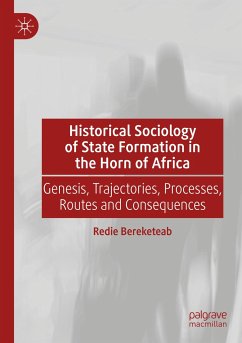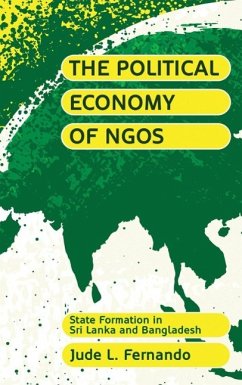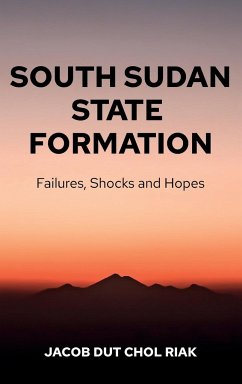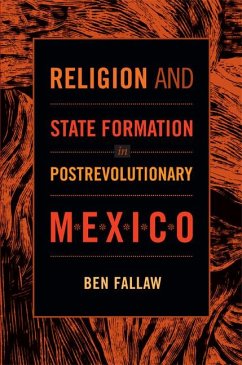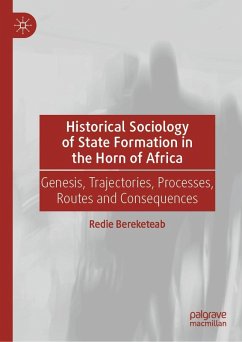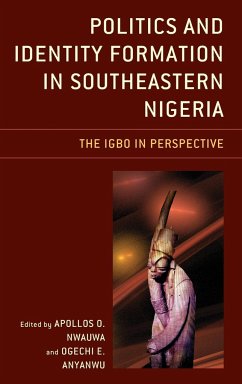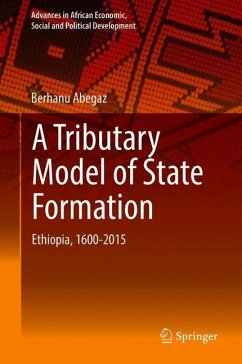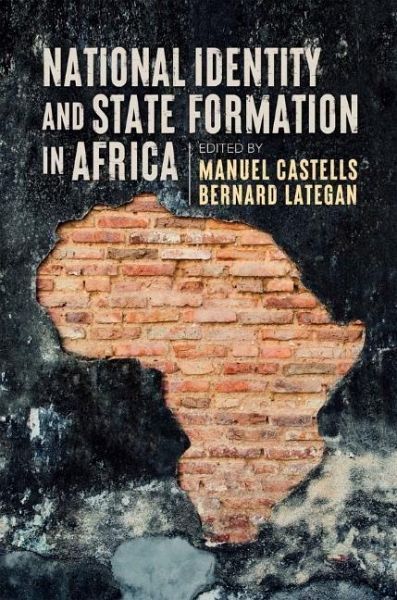
National Identity and State Formation in Africa

PAYBACK Punkte
32 °P sammeln!
This book examines how the interplay between globalization and the assertion of local identities is reshaping the political landscape of Africa. While defending their values against external forces, people simultaneously - and paradoxically - use the interconnectivity of global networks to maximize their particular interests. Focusing on the relation between national identity and state formation, the authors explore the far-reaching consequences of these contradictory dynamics. Although Africa shares many common trends with other parts of the world, it also displays distinctive features. A reg...
This book examines how the interplay between globalization and the assertion of local identities is reshaping the political landscape of Africa. While defending their values against external forces, people simultaneously - and paradoxically - use the interconnectivity of global networks to maximize their particular interests. Focusing on the relation between national identity and state formation, the authors explore the far-reaching consequences of these contradictory dynamics. Although Africa shares many common trends with other parts of the world, it also displays distinctive features. A region characterized by the increased mobility of people, goods and ideas challenges some conventional assumptions of statecraft and also highlights the advantages of federalism - not merely as a constitutional option, but as a pragmatic device for managing diversity and holding fragile states together. The book further explores emerging types of state formation in the same political space, as exemplified by the combination of elements of a kingdom, an independent state and a national power base in the province of KwaZulu-Natal and the careful crafting of an alternative state within a state by the Solidarity Movement in South Africa. Informed by examples and case studies drawn from different parts of Africa, this book will be of great interest to students and scholars of Africa, politics, sociology, media studies and the social sciences more generally.




